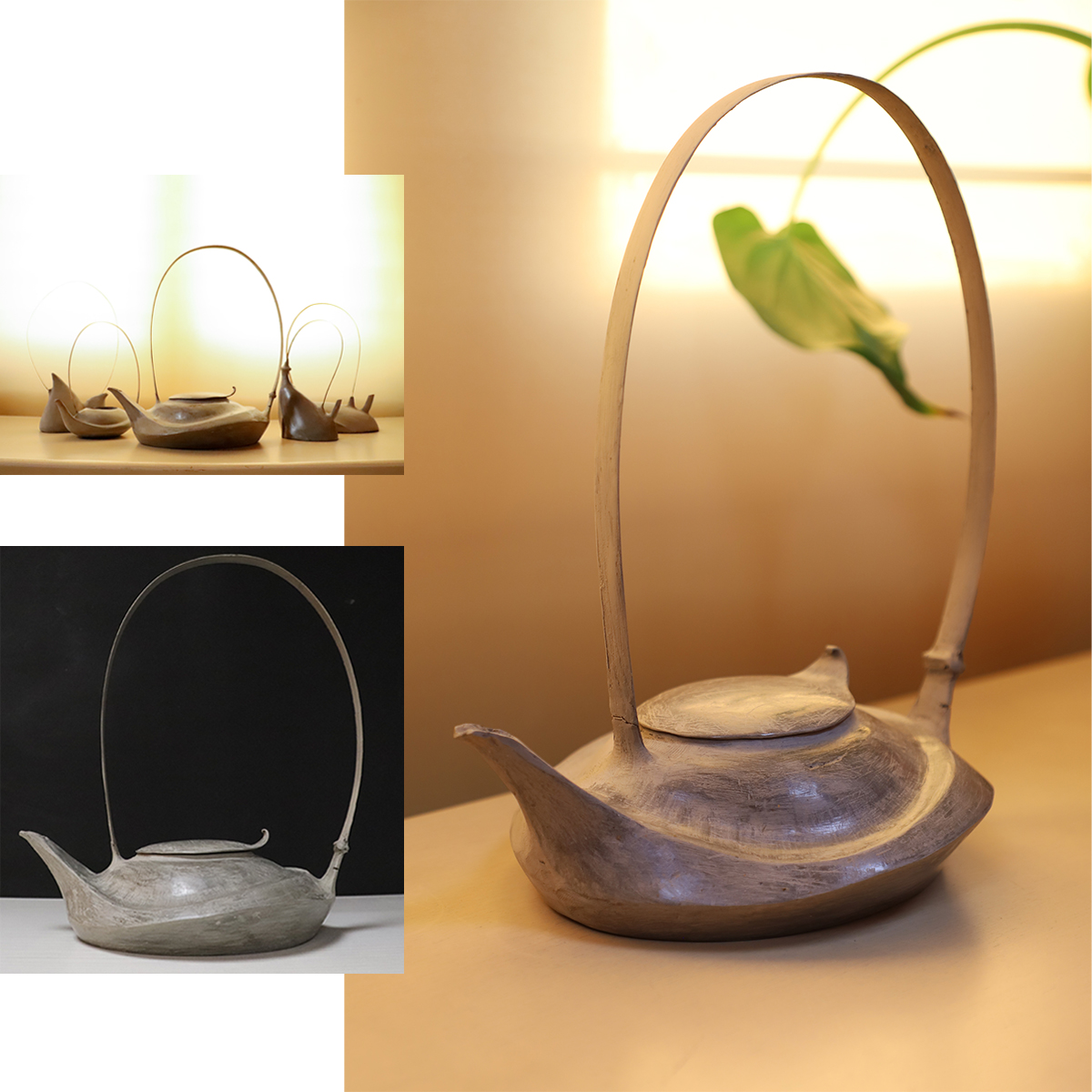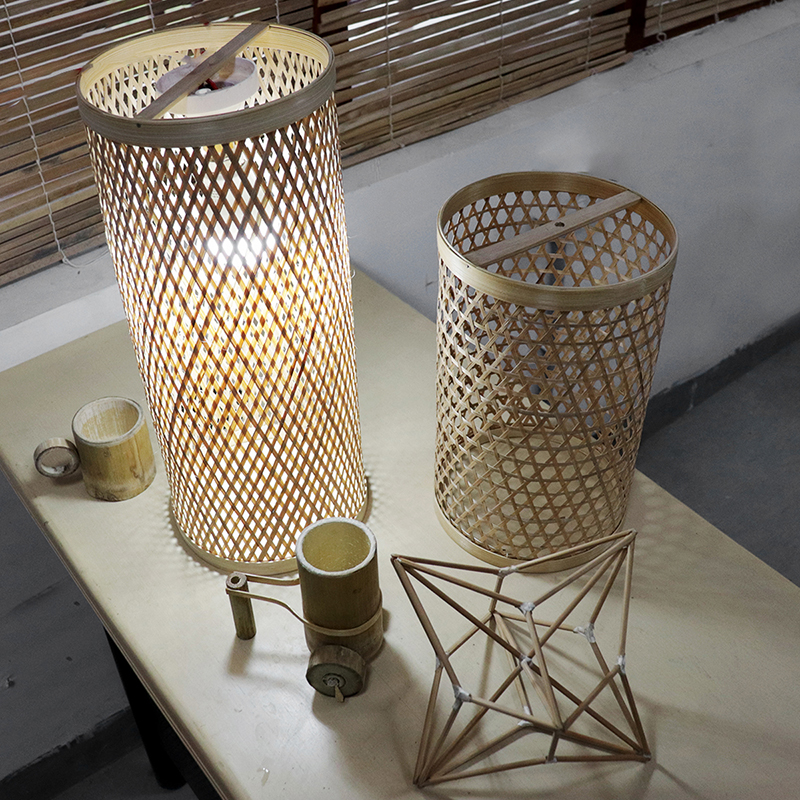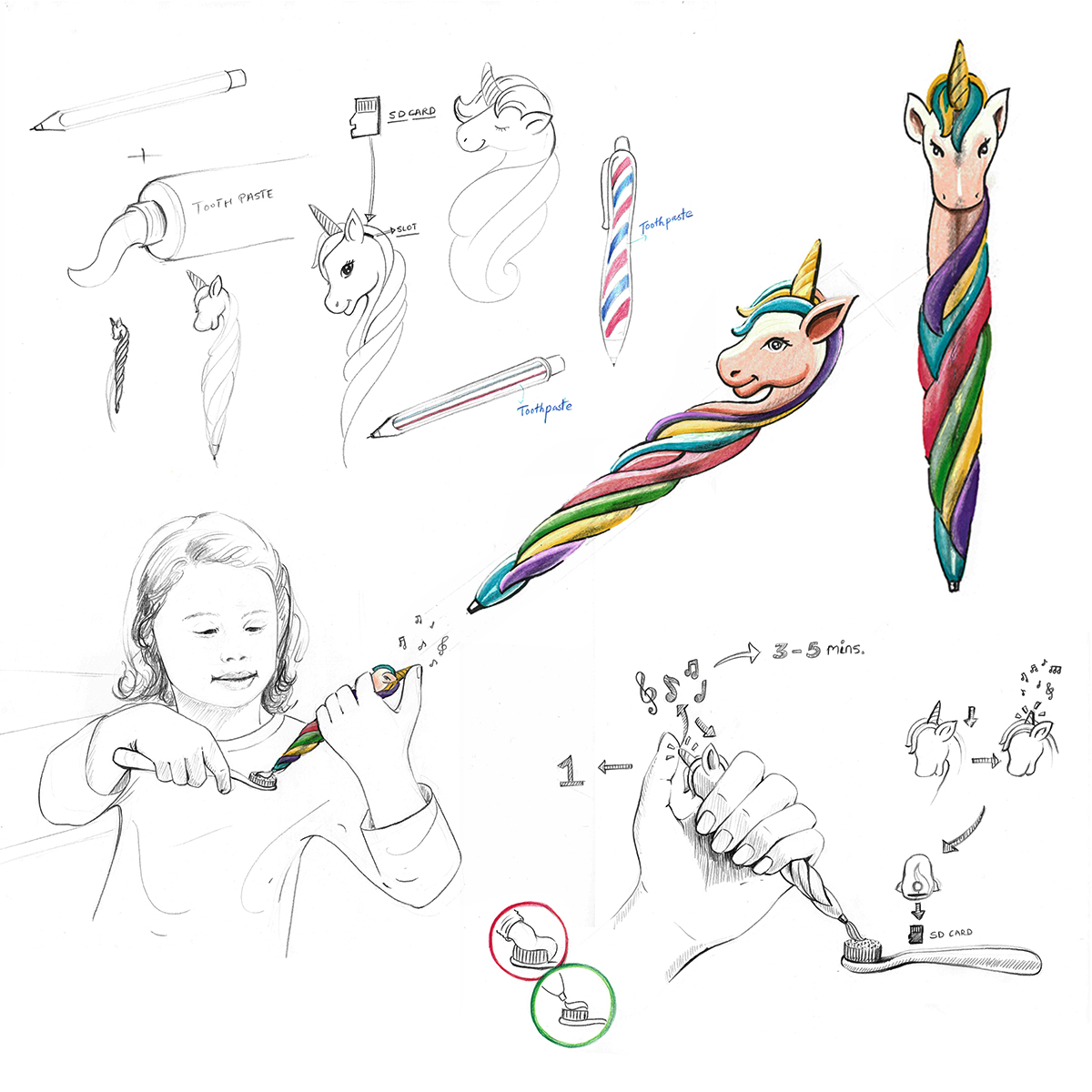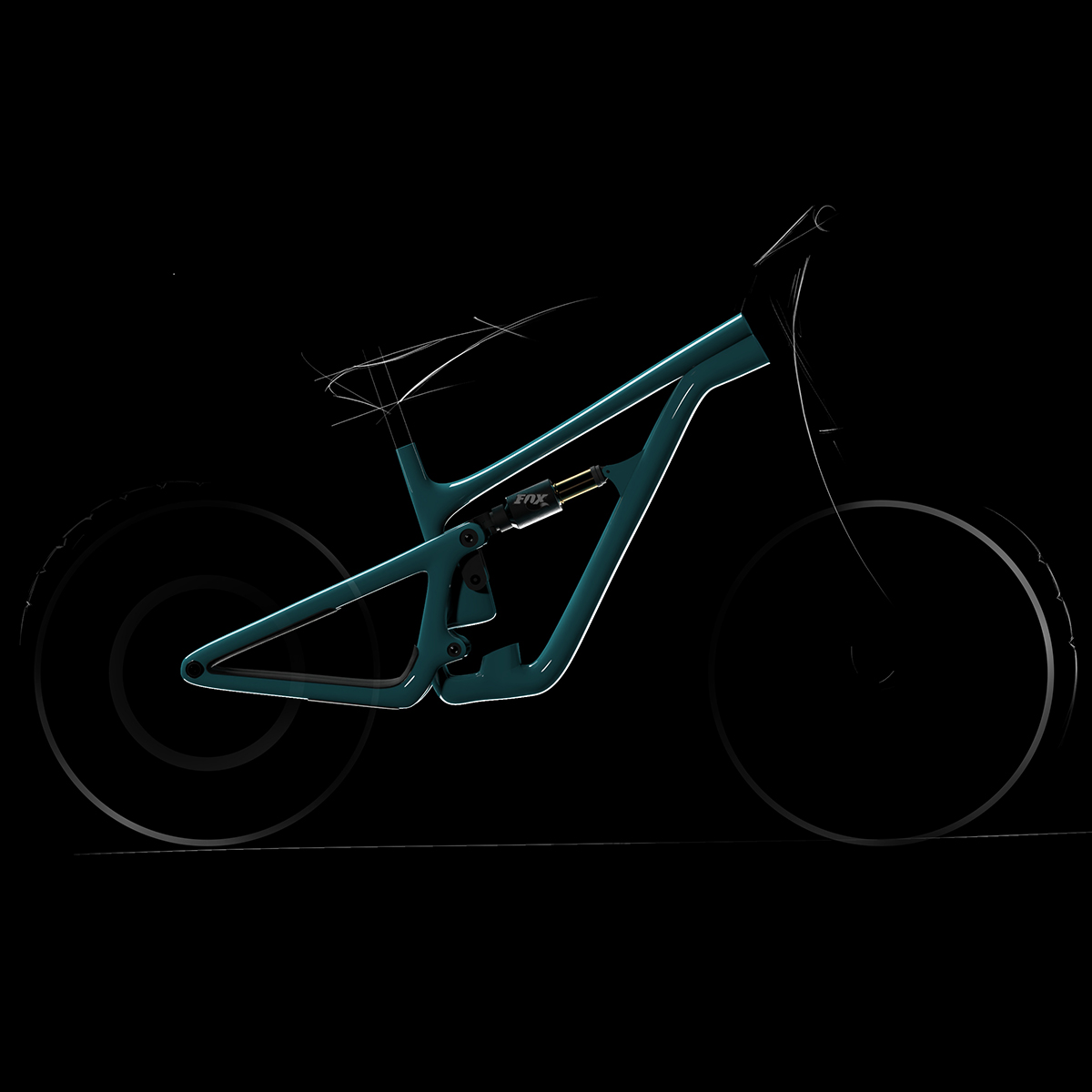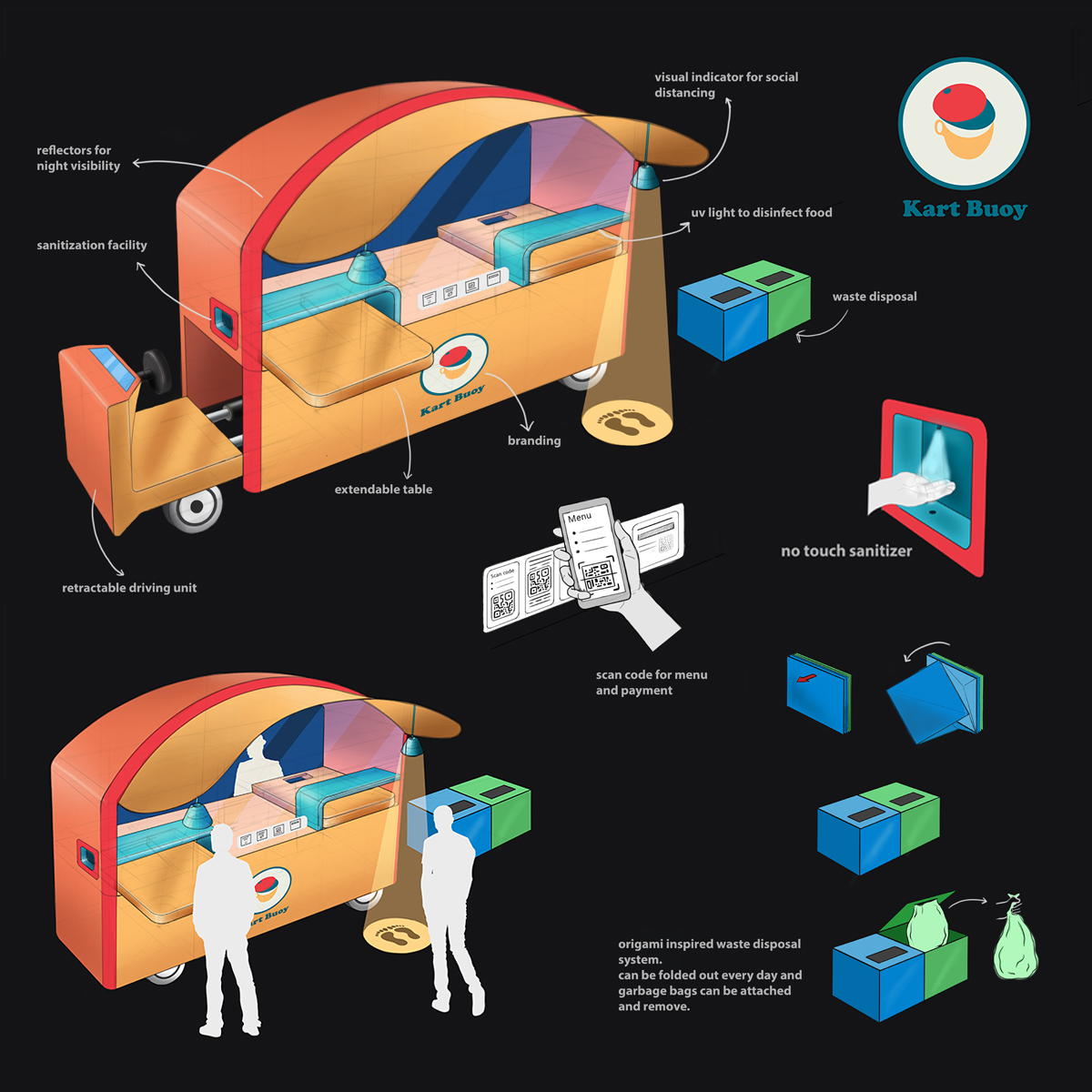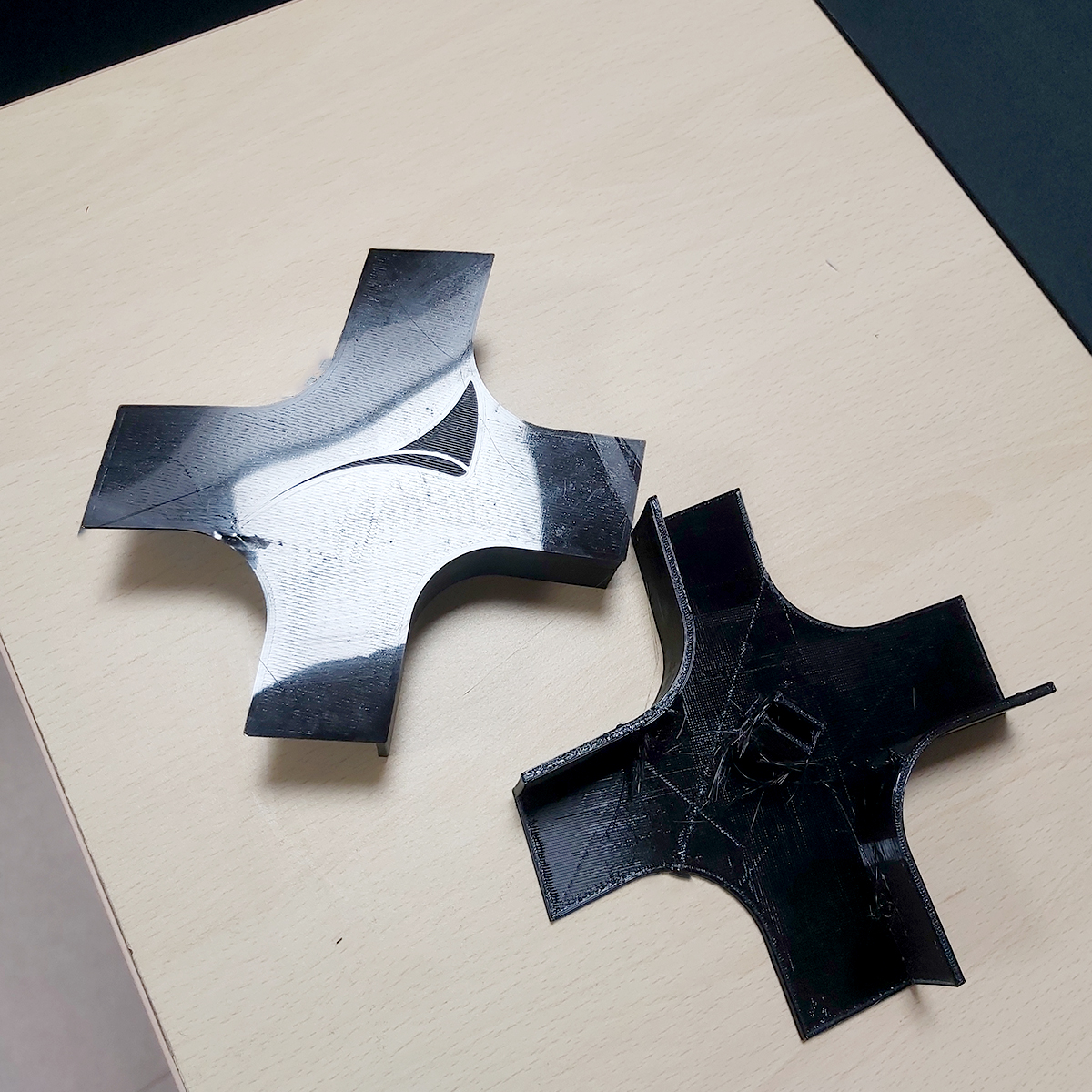इंडस्ट्रियल डिज़ाइन
औद्योगिक डिज़ाइन वर्तमान और भविष्य के आधुनिक संदर्भ में भौतिक और डिजिटल दोनों तरह के ऑब्जेक्ट-यूजर डिजाइन में नई अवधारणाओं, प्रक्रियाओं और दृष्टिकोणों का एक समामेलन है। डिजाइन परियोजनाएं स्थानीय, सामाजिक, सांस्कृतिक, पर्यावरणीय परिप्रेक्ष्य के संदर्भ से संबंधित हैं जो एक स्थायी भविष्य के लिए वर्तमान जनादेश है। यह कार्यक्रम छात्रों को नए युग के डोमेन में संभावनाओं के एक विशाल कैनवास का पता लगाने का अवसर देता है, जो मानव केंद्रित अनुसंधान, संभावित मूर्त और अमूर्त समाधानों के लिए अग्रणी डिजाइन के आधार पर स्थानीय जरूरतों को पूरा करने के लिए वैश्विक प्रौद्योगिकी अवधारणाओं को लाता है।
प्रमुख पाठ्यक्रम
औद्योगिक डिज़ाइन विषय में, छात्रों को यह सिखाया जाता है कि किस प्रकार एक स्केच से शुरू करके एक विचार से लेकर एक भौतिक प्रोटोटाइप तक एक उत्पाद का निर्माण किया जाए, जबकि सौंदर्यशास्त्र और एर्गोनॉमिक्स, कार्यों और मूल्य के मूर्त और अमूर्त अनुभवों को परिभाषित किया जाए।
विद्यार्थी कार्य
छात्रों ने विभिन्न डिजाइन सिद्धांतों को समझा है और उन्हें अपनी चल रही परियोजनाओं में लागू किया है
